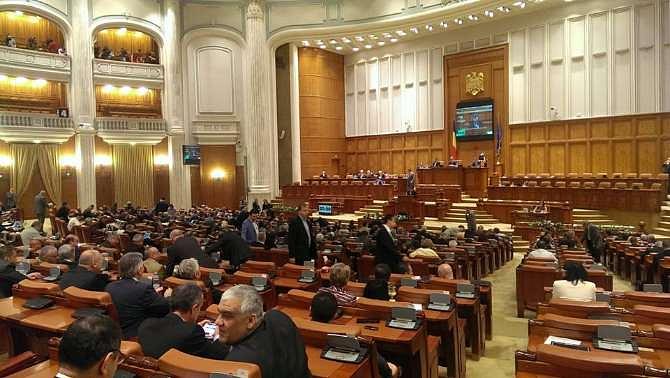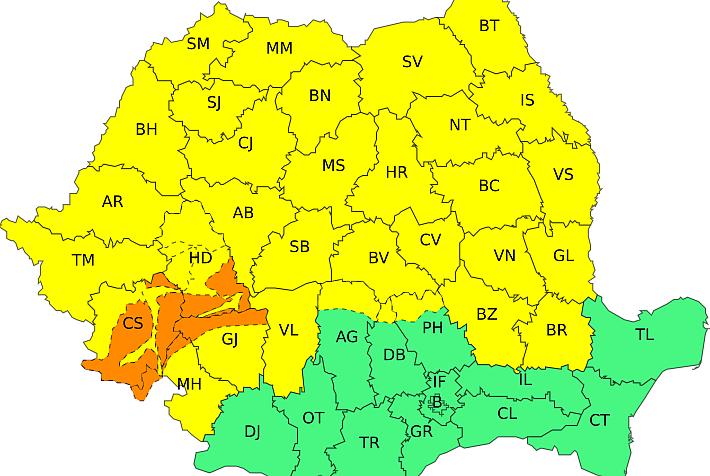New intended change to Criminal Code: Romania’s elected officials may get super-immunity

Romania’s elected officials, including the president, senators, deputies, and mayors, may be exempted from some provisions of the Criminal Code. The anticorruption prosecutors won’t be able to investigate these officials for abuse of office, conflict of interests or bribery, if a new amendment to the Criminal Code is voted by the Parliament, according to Mediafax.
The amendment was initiated by a group of 40 Social Democratic Party (PSD) senators and deputies and submitted to the Parliament on December 18.
The amendment aims to redefine the “public servant” notion in the Criminal Code so that it doesn’t include elected officials. This means that the elected officials wouldn’t be investigated for a series of crimes for which public servants can be investigated.
The Parliament tried to pass a similar amendment in December 2013 but the Constitutional Court rejected the bill as unconstitutional arguing that such a change meant that elected officials wouldn’t answer to the law for crimes such as abuse of office, conflict of interests, bribery, embezzlement, forgery and others.
Another draft bill submitted to the Parliament by a group of 39 PSD MPs, on December 18, proposes other changes to the Criminal Code, such as a limit of EUR 200,000 for abuse of office and serving prison sentences under three years at home.
editor@romania-insider.com












